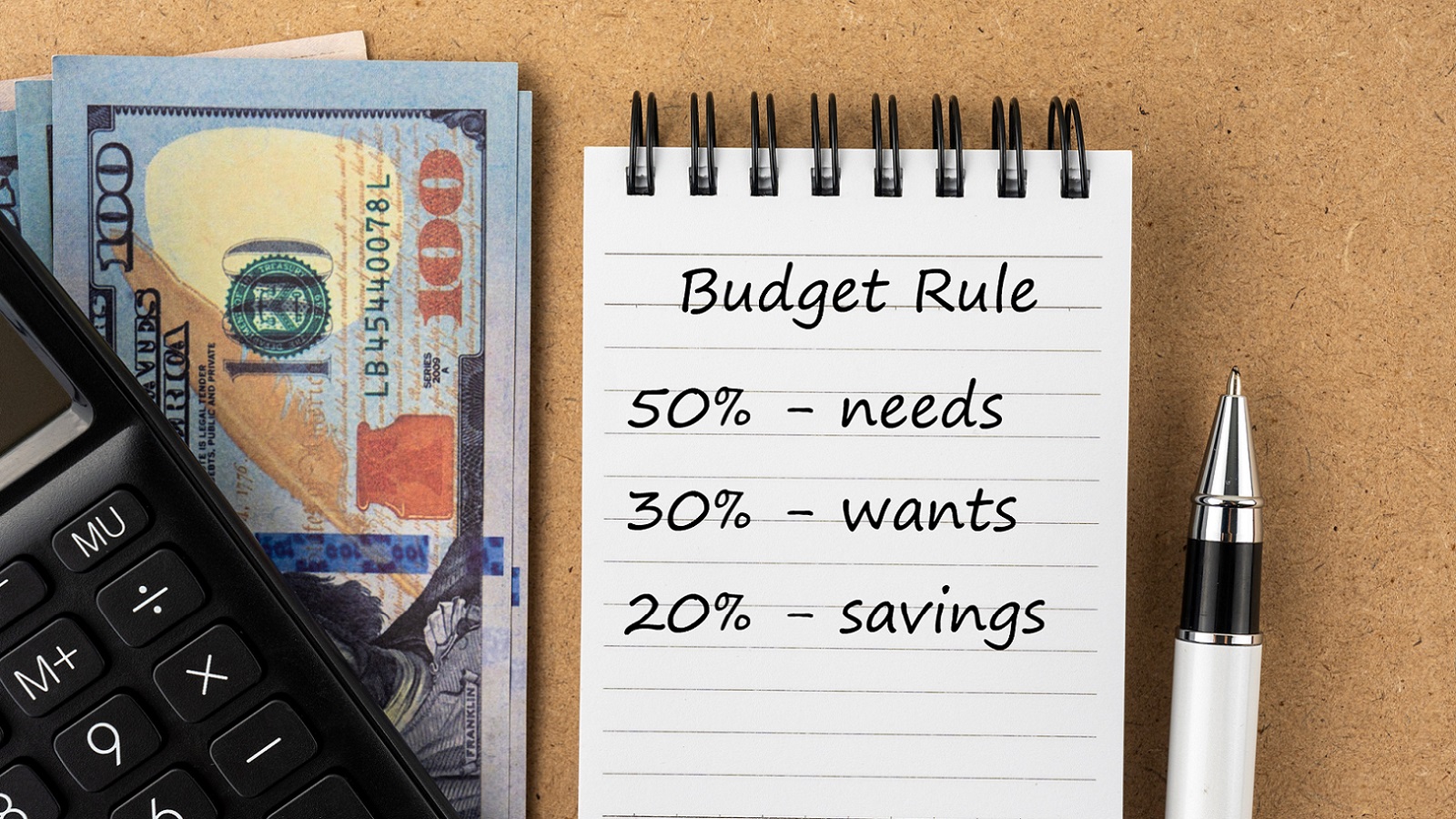Profit and prosper with the best of Kiplinger's advice on investing, taxes, retirement, personal finance and much more. Delivered daily. Enter your email in the box and click Sign Me Up.
You are now subscribed
Your newsletter sign-up was successful
Want to add more newsletters?

Delivered daily
Kiplinger Today
Profit and prosper with the best of Kiplinger's advice on investing, taxes, retirement, personal finance and much more delivered daily. Smart money moves start here.

Sent five days a week
Kiplinger A Step Ahead
Get practical help to make better financial decisions in your everyday life, from spending to savings on top deals.

Delivered daily
Kiplinger Closing Bell
Get today's biggest financial and investing headlines delivered to your inbox every day the U.S. stock market is open.

Sent twice a week
Kiplinger Adviser Intel
Financial pros across the country share best practices and fresh tactics to preserve and grow your wealth.

Delivered weekly
Kiplinger Tax Tips
Trim your federal and state tax bills with practical tax-planning and tax-cutting strategies.

Sent twice a week
Kiplinger Retirement Tips
Your twice-a-week guide to planning and enjoying a financially secure and richly rewarding retirement

Sent bimonthly.
Kiplinger Adviser Angle
Insights for advisers, wealth managers and other financial professionals.

Sent twice a week
Kiplinger Investing Weekly
Your twice-a-week roundup of promising stocks, funds, companies and industries you should consider, ones you should avoid, and why.

Sent weekly for six weeks
Kiplinger Invest for Retirement
Your step-by-step six-part series on how to invest for retirement, from devising a successful strategy to exactly which investments to choose.
At this time last year, Patrick faced more than $66,000 of debt in credit cards, student loans and more. He resolved to shrink his debt by $10,000 in one year. And at the end of November 2007, he had achieved nearly double his goal, paying $18,706 toward his debt.
Patrick's strategy? Blogging. In declaring his goal to the world, Patrick was able to keep his word -- and exceed his intentions.
| Row 0 - Cell 0 | Six Moves for a Prosperous New Year |
| Row 1 - Cell 0 | Eight Things to Do Before Turning 30 |
| Row 2 - Cell 0 | Best Money Stories of 2007 |
"By posting my finances on my blog, it keeps me accountable for my actions," says Patrick, a 30-year-old insurance-claims adjuster from Atlanta, who asked to remain anonymous. He logs his money goals at SingleGuyMoney.com and regularly shares his progress (and challenges) with readers. "I don't want to make bad financial decisions because I know I will get negative comments from the regular readers of my blog."
From just $107.88 $24.99 for Kiplinger Personal Finance
Become a smarter, better informed investor. Subscribe from just $107.88 $24.99, plus get up to 4 Special Issues

Sign up for Kiplinger’s Free Newsletters
Profit and prosper with the best of expert advice on investing, taxes, retirement, personal finance and more - straight to your e-mail.
Profit and prosper with the best of expert advice - straight to your e-mail.
Three Steps to Achieve Financial Goals
You don't have to bare your financial soul on the Internet to reach your financial resolutions in 2008. Patrick simply employed three tenants of successful goal setting that everyone can do:
1. Share your financial goals with someone. How many times have you made a New Year’s resolution, started out with gusto on January 1 and lost steam by January 31? Making your goal public could provide just the push you need to stay motivated and accountable all year long.
"No goal is achieved in a vacuum," says Gary Ryan Blair, author of the Ten Commandments of Goal Setting. "We all need the guidance and support that comes only from involving others."
Friends, family members or spouses make great money buddies because they want you to succeed. You might find it helpful to team up with someone who shares a similar goal -- say, your best friend and you working together to conquer credit card addiction this year. The key is to find someone you're comfortable talking with openly about your finances -- the successes and the failures.
If you're not comfortable baring your financial soul to those closest to you, you might find it easier to open up to strangers. You can seek out like-minded individuals in your area through Meetup.com and similar sites, or form your own financial support group.
With whomever you choose, start out by articulating your goals. Simply stating that you want to learn more about investing is too nebulous. Nail down your goal into an actionable item and commit to a deadline. For example, resolve to invest in a top-quality mutual fund by February 1. See How to Set Financial Goals to learn more.
2. Check in with your money partner regularly. In order to get the most out of your money buddy, you need regular check-ups. This way, you’ll be held accountable for your actions -- or lack thereof.
The check-up itself does not need to be stiff or formal. But you should establish a schedule and stick with it. You might choose to blog at least twice a week, check in with your buddy via email every Monday, or meet for coffee on the first Thursday of each month. Make it a date and write it on your calendar.
A smart way to use your check-up time is to consult an expert. After all, says Blair, "you can learn good judgment and knowledge the old-fashioned way -- through the school of hard knocks -- or you can tap into experience." For example, invite a retirement planning specialist to meet you and your friends for happy hour at a local bar; or ask your successful businessman uncle for advice on advancing your career.
3. Monitor the progress of your financial goals and reward yourself. On his blog, Patrick prominently displays his goal, deadline and current balance in his "debt tracker" section. He also uses NetworthIQ.com where he -- and his readers -- can publicly track every last dollar of his assets and liabilities. Knowing where you stand and seeing how far you've come can give you a motivational boost.
When faced with an overwhelming task, it helps to break it down into small goals along the way. And make sure you celebrate with your money buddy as you reach each milestone. "The best predictor of future behavior is past behavior," says Blair, "and when you reward the right behavior and results, you almost guarantee a repeat performance." (Not to mention rewarding yourself makes goal-setting a heck of a lot more fun.)
Baring his financial soul certainly paid off for Patrick in 2007. His readers encouraged him to focus on eliminating his credit card debt. He followed their advice and no longer faces credit card bills, freeing up $400 in his budget each month. Now that’s a reward.
Profit and prosper with the best of Kiplinger's advice on investing, taxes, retirement, personal finance and much more. Delivered daily. Enter your email in the box and click Sign Me Up.

-
 How to Position Investments to Minimize Taxes for Your Heirs
How to Position Investments to Minimize Taxes for Your HeirsTo minimize your heirs' tax burden, focus on aligning your investment account types and assets with your estate plan, and pay attention to the impact of RMDs.
-
 Are You 'Too Old' to Benefit From an Annuity?
Are You 'Too Old' to Benefit From an Annuity?Probably not, even if you're in your 70s or 80s, but it depends on your circumstances and the kind of annuity you're considering.
-
 Seeing Retirement Ahead? Why Your 50s Will Be So Significant
Seeing Retirement Ahead? Why Your 50s Will Be So SignificantThis is the perfect time to assess whether your retirement planning is on track and determine what steps you need to take if it's not.
-
 I Need to Cut $1,000 From My Monthly Budget, and I've Already Given Up Starbucks and Dining Out. What Else Can I Do?
I Need to Cut $1,000 From My Monthly Budget, and I've Already Given Up Starbucks and Dining Out. What Else Can I Do?Here are some creative ways to save up to $1,000 a month, even if you feel like you've already made all of the obvious cuts.
-
 I'm a Government Employee and Need to Get By Until the Shutdown Ends. What Can I Do?
I'm a Government Employee and Need to Get By Until the Shutdown Ends. What Can I Do?The second-longest shutdown in history is leaving many federal workers with bills due and no paycheck to cover them. Here's what you can do to get by.
-
 What Does Medicare Not Cover? Eight Things You Should Know
What Does Medicare Not Cover? Eight Things You Should KnowMedicare Part A and Part B leave gaps in your healthcare coverage. But Medicare Advantage has problems, too.
-
 The 50-30-20 Budget Rule: A Simple Way to Save Money
The 50-30-20 Budget Rule: A Simple Way to Save MoneySaving Using the 50-30-20 budget rule is an easy way to save. It helps you prioritize saving while paying off debt.
-
 Four Smart Steps To Take Before Buying Your First Home
Four Smart Steps To Take Before Buying Your First Homehome Buying your first home can be daunting. Here are four things you need to do years before you start house-hunting to prepare financially for the biggest purchase of your life.
-
 'Food Tax': Which States Still Tax Groceries?
'Food Tax': Which States Still Tax Groceries?State Tax Ten states still tax groceries, but that figure is shrinking.
-
 How Our Family Fights Inflation
How Our Family Fights InflationBudgeting Millennials typically spend more than other generations on certain expenses that have been increasing most rapidly. Here are some tips to cut your losses.
-
 Gas Prices Around the World
Gas Prices Around the WorldBudgeting Many world gas prices can make what Americans pay at the pump seem like a bargain. But not all.
